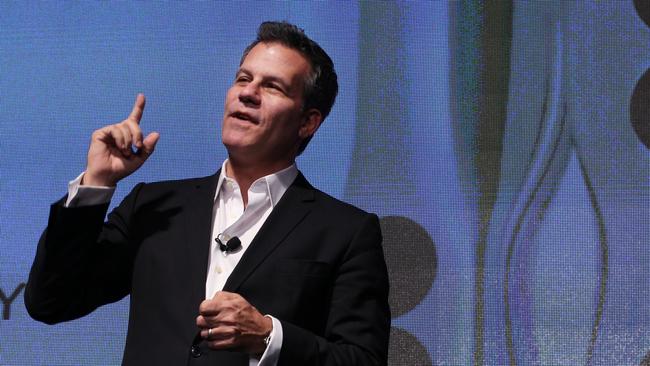With the rise of remote working, is the city office dead?
COVID has accelerated the rise of the talent economy and companies must come to grips with it.

Richard Florida, the man who identified the “creative class”, argues that the CBD office that has dominated our “creative cities” is dead, killed off by COVID-19 and the rise of remote working. But while the office as a space where we go to work has had its day, Florida says it’s not the end of the city.
“Gloom-and-doom predictions of the death of cities are overblown,” says Florida, who is economic analysis and policy professor at the University of Toronto’s Rotman School of Management. “Cities will survive. Pandemics and crises (over centuries) have not really altered the arc of urbanisation.”
At a webinar organised by the Committee of Sydney this week, Florida outlined how urbanisation of the population grew from 5 per cent a couple of centuries ago to 50 per cent today, with predictions that in 50 years 75 to 80 per cent of the world’s people would live in urban areas.
“The process of urbanisation and clustering of people and business and talent is way more powerful than infectious disease, so COVID is not a disrupter but an accelerator,” he says.
“But we have an opportunity to reimagine and build better cities and workplaces. These factors will reshape areas — not just cities but suburbs and country areas.”
Florida says surveys suggest that while about 40 per cent of workers want to work at home at least some of the time, companies are saying that only 25 per cent of staff want that option.
But companies need to understand how much COVID has accelerated the rise of the talent economy and the ability for knowledge workers to live away from their workplaces if they choose.
Says Florida: “The idea that you can force talented people to go into an office to work … People are saying no I won’t do that.” Florida says the new office will have to be very beautiful — a space that can attract knowledge and creative workers. Young people especially want to work in great spaces, signature spaces that are “more experiential and a brand statement” in the same way that luxury retail uses space.
The idea of the office as a self-contained building just for work is over. Instead workspaces must become a space where people can interact with colleagues but also a place where they can revive.
Says Florida: “You will need not just a workout space but a wellness space, and a space for meditation. We have designed hermetically sealed office towers that are bastions for contagion. We will have to open them up to the outside. The office will become less a place for serious tie wearing but more about casualness, about coming and going.” He says workers will think of going into the office on some days as a “localised business trip” during which they might go to a business lunch or dinner, for example. They will demand high-quality spaces for retail and food in the neighbourhood surrounding the office, and cities will have to “lift their game” and be actively curated to satisfy this demand.
“We are looking at the death of the CBD,” he says. There will be a “walloping of the CBD” and the offices where we “packed and stacked” workers. Companies do not need to carry the cost of this style of office and “the most talented people won’t do it any longer”.
Florida argues there will be many more opportunities for “overlooked” suburbs and second and third-tier cities and rural areas, but generic and “run of the mill” suburbs will be challenged — even more than the CBDs — by the changes.
“We are going to see the decline of CBD and rise of neighbourhood business centres,” he says. There will be an opportunity to repurpose urban office parks and abandoned malls, “breathe new life into dead spaces”.
He says the West is going through a “great urban reset” and COVID has accelerated a series of movements for racial and economic justice that began in the global financial crisis: “It’s creating the possibility of a fundamental reset of how we live and work and go about our days.”
Access the webinar at sydney.org.au



